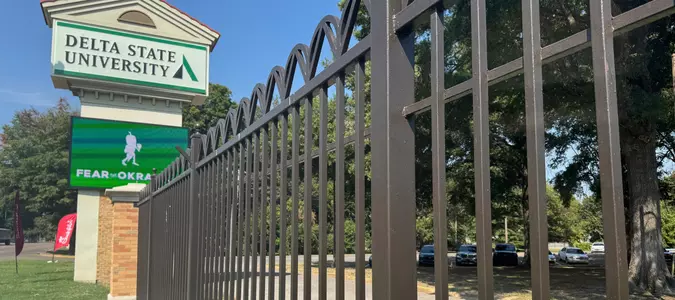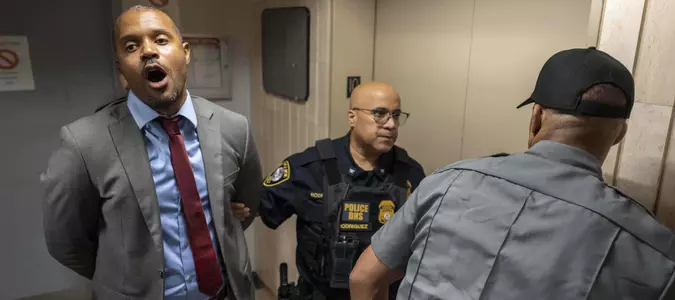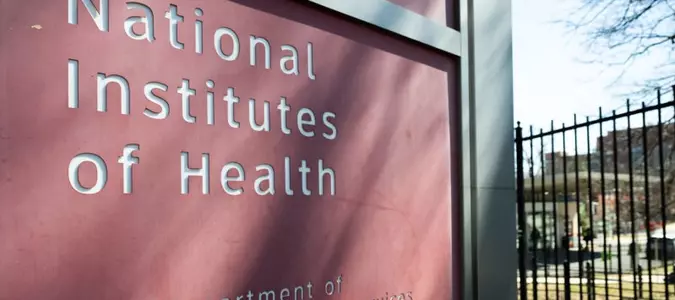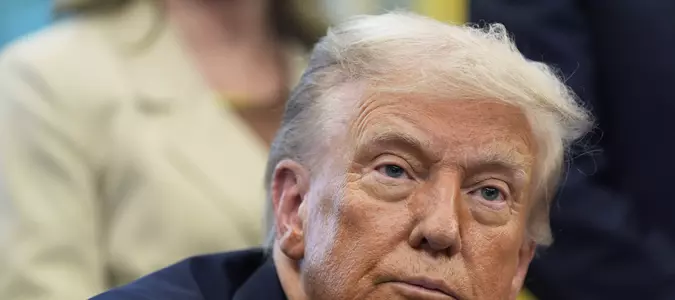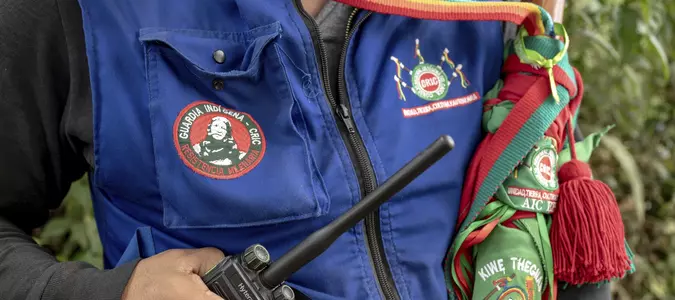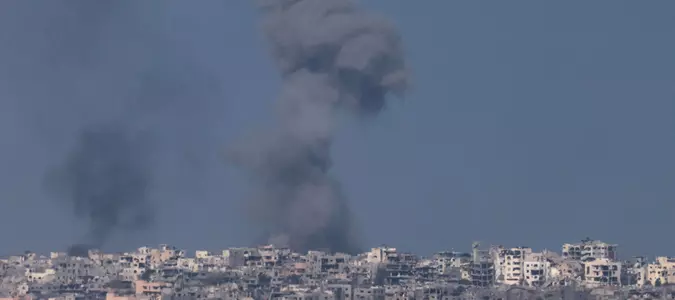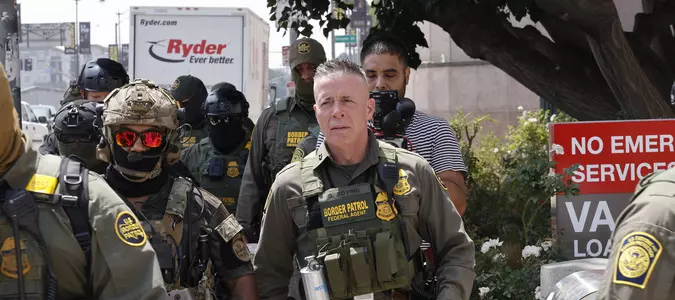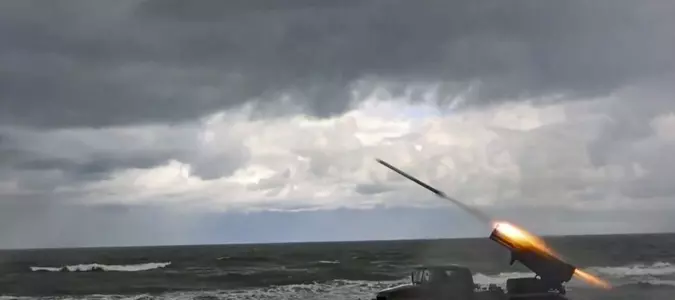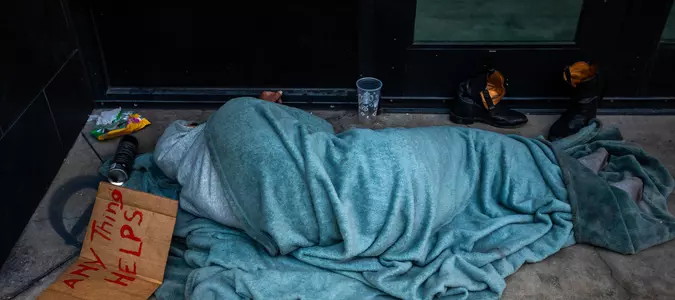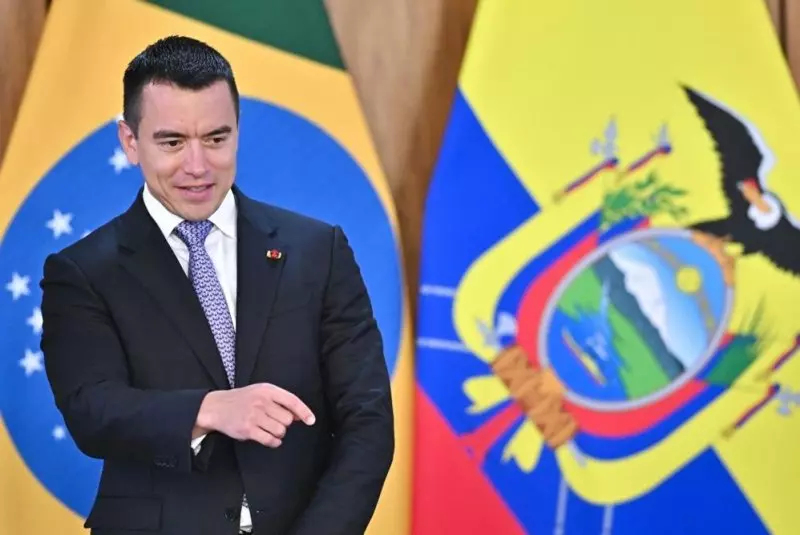

Ecuador head seeks constituent assembly amid war on drug trafficking
Ecuador President Daniel Noboa announced Thursday plans to call a voter referendum to ask whether they want a constituent assembly and a "nee Ecuador."

Ecuador President Daniel Noboa said Ecuadorians will set the rules for a “new Ecuador” and accused traditional political structures of blocking reforms needed to strengthen his security policy. Photo by Andre Borges/EPA UPI
Sept. 18 (UPI) -- Ecuador President Daniel Noboa announced Thursday plans to call a voter referendum to ask whether they want a constituent assembly. He said the country must "free itself from institutional captivity" and establish a new legal framework to confront organized crime.
In an official statement, he said Ecuadorians will set the rules for a "new Ecuador" and accused traditional political structures of blocking reforms needed to strengthen his security policy.
According to the presidential message, earlier questions submitted by the executive branch for a public vote "were rejected" by the Constitutional Court, a decision Noboa attributed to "political activism" without naming a specific institution or giving dates.
Noboa's decision follows other recent measures, including the Sept. 1 replacement of the entire military leadership, which the Defense Ministry described as a new phase in the war against criminal gangs.
The Security Bloc has seized 135 tons of drugs in maritime operations so far this year, a record that already surpasses all seizures made in 2024. Between January and August, authorities confiscated 68.1 tons of cocaine at the ports of Guayaquil, Machala and Posorja, including 27.3 tons at Posorja, which accounted for 40% of the total.
Posorja, a fishing town in the southwest that is home to Ecuador's most modern port, has become a symbol of the international fight against drug trafficking. Built to boost legal exports, it is now at the center of battles over cocaine routes.
Ecuador has also strengthened cooperation with the United States. The Trump administration pledged $13.7 million in security aid and $6 million in drones to bolster maritime surveillance, along with updates to the extradition treaty and intelligence sharing to combat criminal groups.
The government says this year's seizures have caused losses of more than $9.3 billion for criminal networks.
"Our goal is to financially strangle drug trafficking and cut off every supply route," Defense Minister Gian Carlo Loffredo said.

